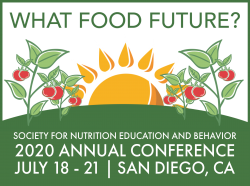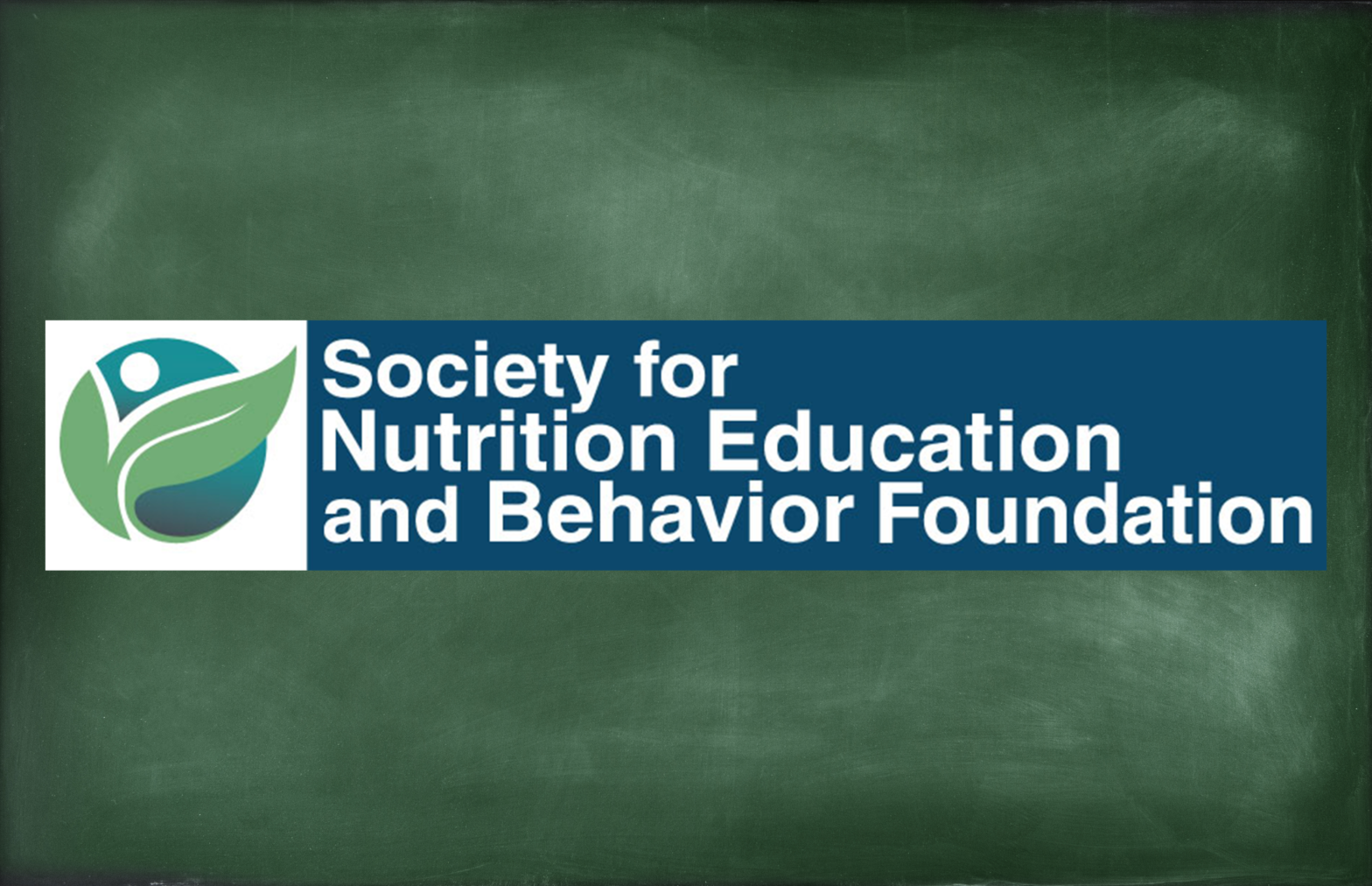Blog
Statistically speaking

There are few people I know who feel completely competent in statistics, and yet it is one of the most important parts of research. Large research teams may have a statistician on their team, but many do not. Even with a statistician on the team, there can be differences of opinion among statisticians concerning study design, analyses, and interpretation. After all, statistics is a mathematical science. While the process of descriptive statistics is fairly logical to me, inferential statistics a (...)
What to watch and read online

WATCH online
Phil Lempert, Retail Dietitians Business Alliance CEO, predicts 2020 grocery retail trends in a recorded 44-minute webinar. Known as The Supermarket Guru®, Lempert is an expert analyst on consumer behavior, marketing trends, new products and the changing retail landscape. He's identified and explained impending trends to consumers and some of the most prestigious companies worldwide.
PBS' "The Poison Squad" tells the story of government chemist Dr. Harvey Wiley, who was dete (...)
Getting corporate sponsorship right: Worth the effort

In 1993, the nutrition education video cassette What’s on Your Plate was released. The cardboard VHS jacket (this was the pre-DVD era) describes the contents as “an innovative nutrition education program featuring a series of public service announcements (PSAs) that debuted on the CBS Television Network.”
The video’s production value is high, with each 30-second segment featuring lively, colorful clay animated characters. Each segment starts with host Willie Munchright receiving a l (...)
It’s a plant-based world and we’re just living in it

I’m guessing this won’t be my only post in 2020 about plant-based anything. A 2018 report found that 83% are adding more plant-based foods to their diet. If, like me, you have a hard time keeping up with plant-based meat, here are some resources. Also included below is a look at blending meat with plant-based extenders.
Eating out...
**Burger King to add Impossible Burger to 2 for $6 menu
**Impossible Foods will roll out plant-based pork with less protein and calories than pork. It (...)
Changing unhealthy habits in the new year

What is a habit? It’s a behavior that is routine and occurs without thinking.
Take your pick of new books about changing habits: 1) The Self-Care Solution by Dr. Jennifer Ashton, physician/nutritionist - a year of monthly new health habits attempted by the author; 2) Tiny Habits by BJ Fogg, Ph.D. - an in-depth workbook focused on creating tiny habits. (I especially liked the examples of tiny habits in the book and at TinyHabits.com/1000recipes); or 3) Good Habits, Bad Habits by Wendy Woo (...)
New meat guidelines: A challenge for nutrition educators

In late September, the Annals of Internal Medicine published a dietary guideline recommendation claiming that there is no need to reduce red and processed meat for good health.
According to the journal’s press release, after a “rigorous series of 5 high-quality systematic reviews of the evidence,” a panel of experts had found “little to no health benefits for reducing red or processed meat consumption.” The panel’s guideline concluded that most people “can continue to consum (...)
Scholarship in policy development

It is so exciting to see an issue with several papers related to the science behind policy development! Not that our other papers aren’t exciting because they are as well. However, the number of policy-related pieces seems to be increasing, which to me means more evidence and science will be supporting policy development and change in nutrition education and behavior.
For instance, Prescott et al. discuss their analysis of state-level share table policies across the US, reporting that ab (...)
Call for Abstracts for nutrition education research, programs and initiatives

INDIANAPOLIS (Jan. 8, 2020) – The deadline to submit an abstract for the Society for Nutrition Education and Behavior’s annual conference is fast approaching.
Abstracts can focus on the conference’s theme, “What Food Future?”, but research pertaining to any aspect of nutrition education is welcome. Nutrition educators are invited to highlight their innovative programs and initiatives, or interesting research. SNEB welcomes a diversity of issues surrounding nutrition education.
� (...)
What will we say, ‘That was so 2020,’ about in 2021?

Some 2020 food predictions...
Looking at these predictions, one enduring trend is plant-based and it looks like ancient grains will diversify. As the year begins, new flavors and cuisines will take hold. Most interesting read for me? The one from delivery app companies about what people ordered and what may be popular in the year ahead.
From nutritionists....
**Top 10 nutrition trends for 2020: Janet Helm’s observations after attending a nutrition conference include coconut-based yogu (...)
Make a year-end donation to the SNEB Foundation

Looking for a place to make those year-end tax-deductible donations? Why not give back to the next generation of nutrition educators with a gift to the Society for Nutrition Education and Behavior Foundation?
A gift as little as $25 helps fund scholarships that lead to invaluable experiences for students, like 2015 scholarship recipient Laura Hopkins. "I have been to several other national conferences, and I have never felt that the attendees were as connected as those who attended the SNEB c (...)
